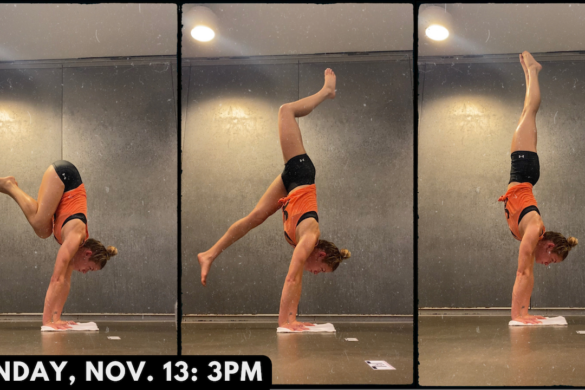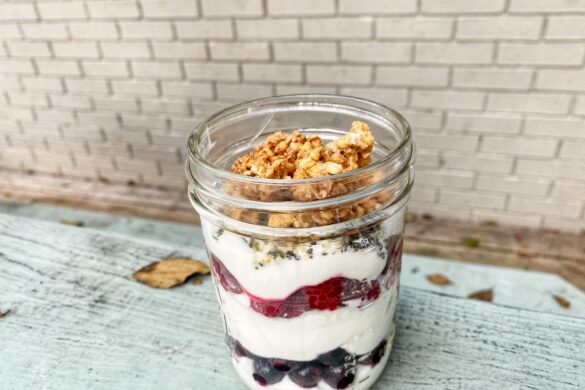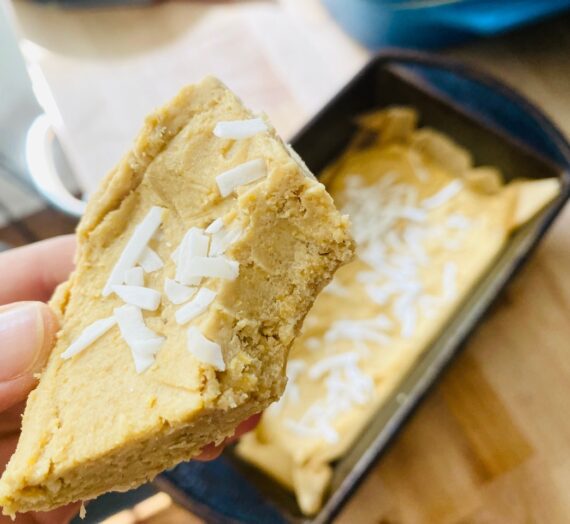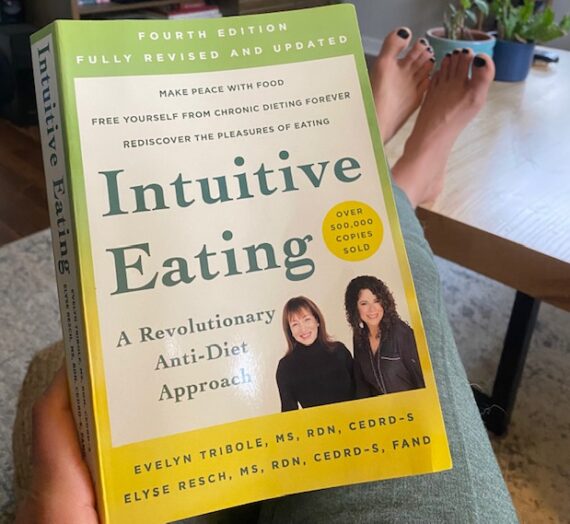Protein is a key macronutrient we need from our diets for muscle repair and recovery, skeletal and connective tissue synthesis, immune support and general satiation. Here are a few things to know when it comes to balancing out your protein intake.
What are complete proteins?
For starters, 20 types of amino acids bond together to create a protein and play parts in other vital processes. Our bodies can make 11 of these amino acids on their own. So there are nine amino acids – essential amino acids – we need to get from our diets. Proteins that contain all nine of those amino acids are complete proteins. Other proteins are incomplete proteins, containing some essential amino acids.
Which foods contain complete proteins?
Typically, animal-based foods like poultry, meat, fish, eggs and dairy are reliable sources of complete proteins. Plant-based foods like vegetables, fruits, grains, nuts and seeds are often incomplete proteins. There are some complete plant-based proteins, too, including quinoa, chia seeds and soybeans.
Variety matters.
Overall, this is a good reminder of why variety matters in your diet, especially for plant-based eaters. Combinations of different incomplete proteins can provide the right balance of essential amino acids. And combinations of different foods can provide the right balance of nutrients overall.










